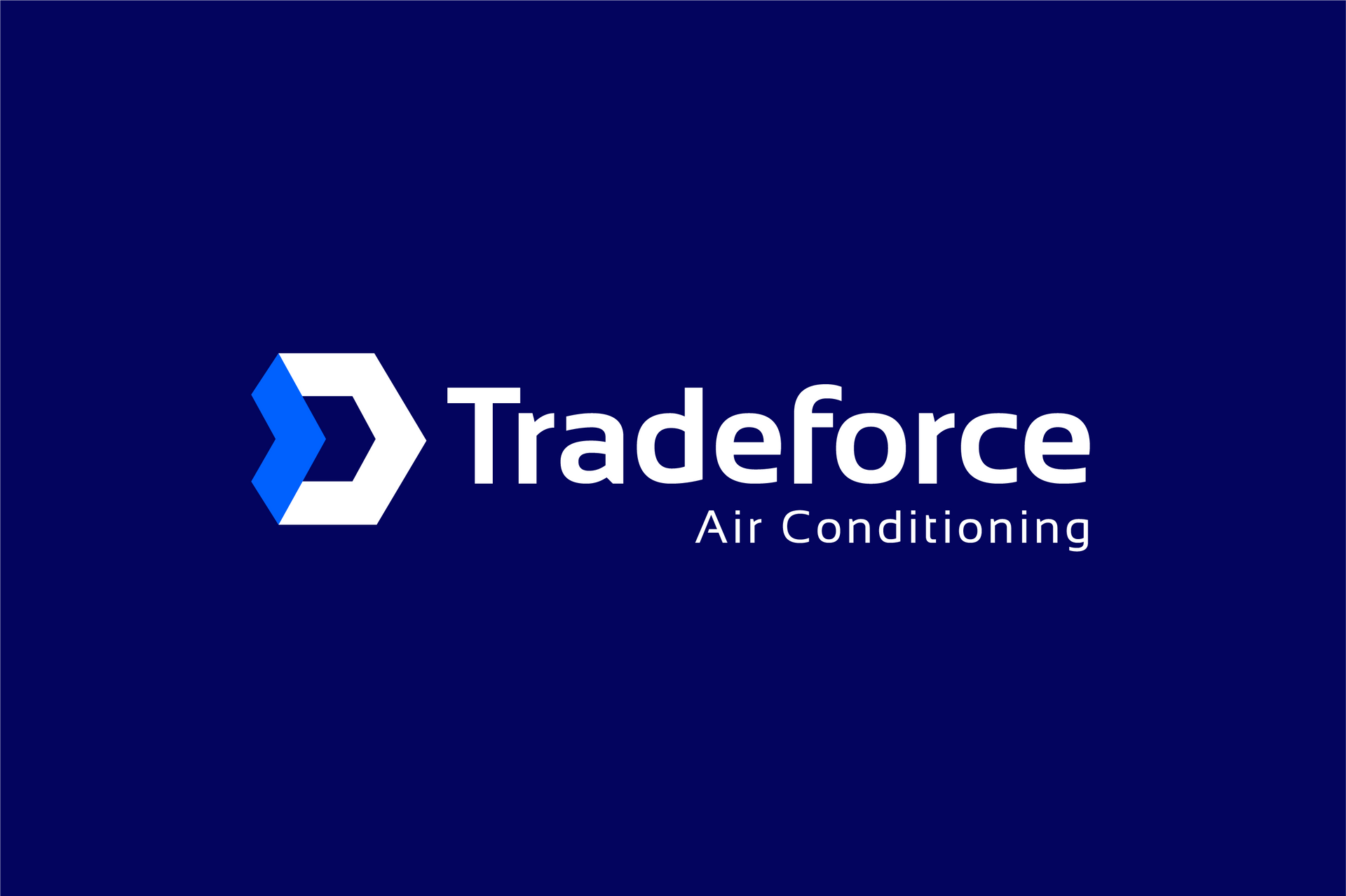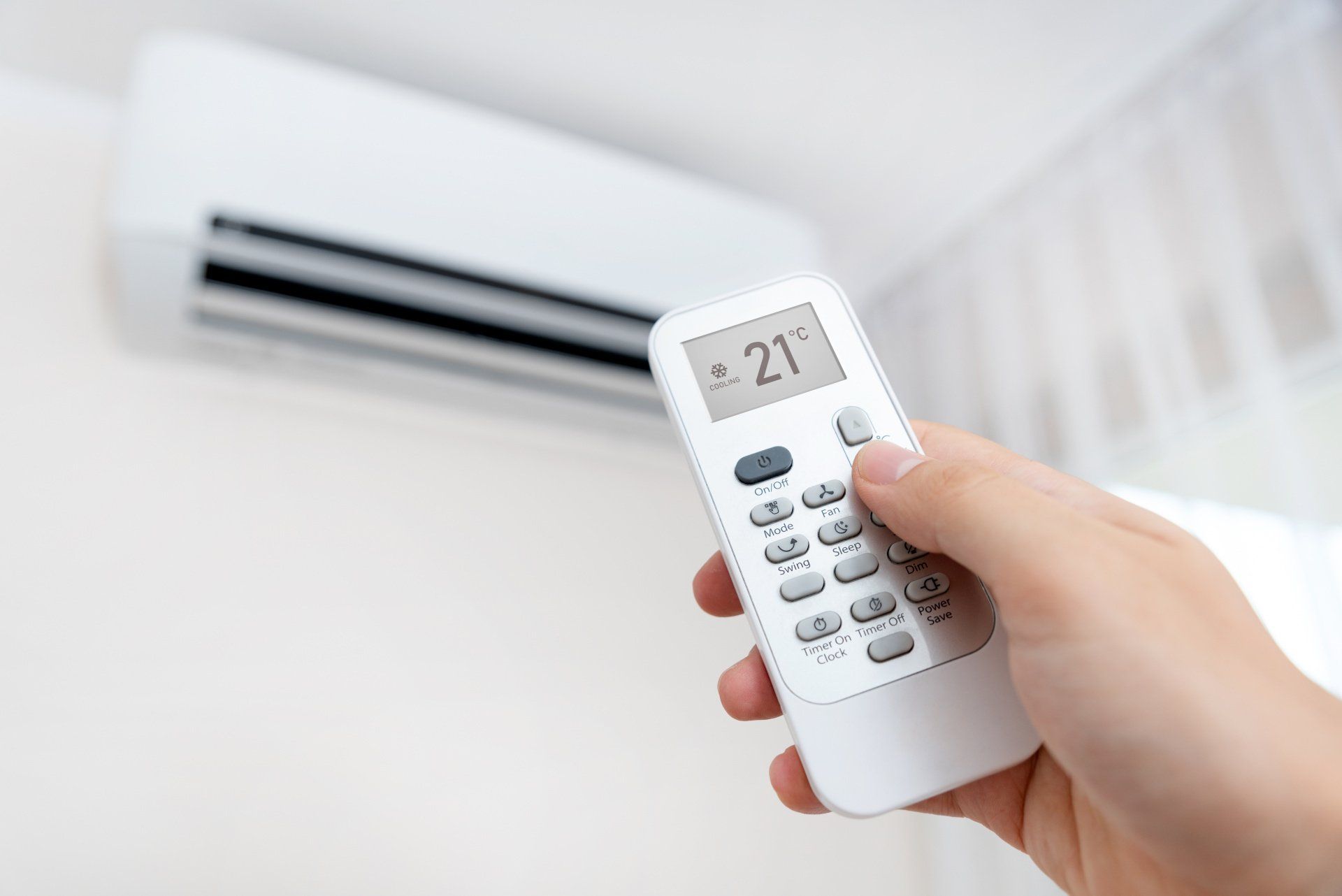First let’s begin with a quick definition of air conditioning.
1. What is air conditioning?
AC, air con, air conditioning units or air conditioning systems - all different terms for air conditioning. What is it? Air conditioning is the removal of warm air from an indoor commercial or domestic space, which is replaced with cooler air.
In contemporary language air conditioning refers to a system where warm air is replaced with cold air. However the general definition of air conditioning covers any equipment used to alter the temperature of the air, such as a ventilator or dehumidifier.
Most air conditioning takes place via a refrigeration cycle system during which air is exchanged from one place to another whilst changing the temperature of a space. On occasion some types of air conditioning may use an evaporative cooler system or free cooling.
When was air conditioning invented?
The idea of using equipment to cool a room dates back to Ancient times when the Persians used wind towers and the Ancient Egyptians used damp reeds placed in windows to help them to stay cool. Meanwhile Chinese Emperors were pampered with huge man-powered and water-powered fans.
Eventually, in 1902 the first electric air conditioning was invented. The innovative system used coils of cold water to cool the air as it passed through. Yet, it was fifty years until sales of air conditioning really took off when mass consumption took hold.
Where was air conditioning invented?
The first modern air conditioning system was invented in New York, in the US. However, it was the culmination of many developments all over the world, including England where Michael Faraday discovered how to chill air and Australia where James Harrison developed an ice-making machine.
Who invented air conditioning?
Willis Carrier invented the first modern air conditioning, but there were many others who helped along the way. Carrier’s invention would not have been possible without the works of scientists such as, John Gorrie who developed an ice machine to keep his patients cool and Benjamin Franklin and John Hadley who carried out invaluable research into how evaporation could be used to chill an object.
2. What is portable air conditioning?
Portable air conditioners (PACs) are smaller cooling units that can be moved around. They use Freon, a chemical, to cool the air. Meanwhile warm air generated must be transported out of the room via a hose that is positioned through a wall or window opening to send the air outside.
Do portable air conditioners work? In short, no. According to consumerreports.org, testing showed that ‘these units barely get a room below sweltering’, ‘bigger, noisier and expensive’, large numbers ‘are returned each season by dissatisfied customers’.
3. What is split air conditioning and how does it work?
What is wall mounted air conditioning? Wall mounted air conditioning and split air conditioning are the same thing.
A split or multi split air conditioning system has any number of wall mounted air conditioning units inside, plus an air conditioning unit outside, all connected by wires. The indoor unit is mounted on the wall whilst the accompanying outdoor unit is positioned on the outdoor side of the same wall or one near it. This is a popular, quiet and versatile air conditioning system that is easy to install because it is ductless, which also makes it energy efficient and eco-friendly.
For more about split air conditioning systems, installation or repair across Islington, north London, central London, and all other London boroughs visit Trade Force Air Conditioning at tfairconditioning.com/installation.
How does central air conditioning work?
Central air conditioning can operate in two ways, either through a split system or a packaged unit. A split system involves air passing through a condenser and compressor unit outside, to an indoor evaporator which usually works alongside a furnace or pump. In a packaged air conditioning unit there is only one unit which houses everything inside.
The outdoor unit is positioned on the roof or at the bottom of the building. Packaged units are usually used in commercial properties.
What is the difference between VRV and VRF air conditioning?
VRF or Variable Refrigerant Flow is a superior air conditioning system created by Daikin which uses advanced technology. It comprises a single unit outside and multiple units inside, each with the capability to have their own individually controlled temperatures.
Variant Refrigerant Volume, VRV, is Daikin’s registered trademark name for the system, whereas VRF can be used by other companies.
For more out about VRV/ VRF air conditioning installation or repair across Brent, Barnet, north London, central London and all other London boroughs visit Trade Force Air Conditioning at: tfairconditioning.com/installation.
For all types of air conditioning installation, repairs or servicing across London visit our website, or give us a call on: 0207 561 8865.
























